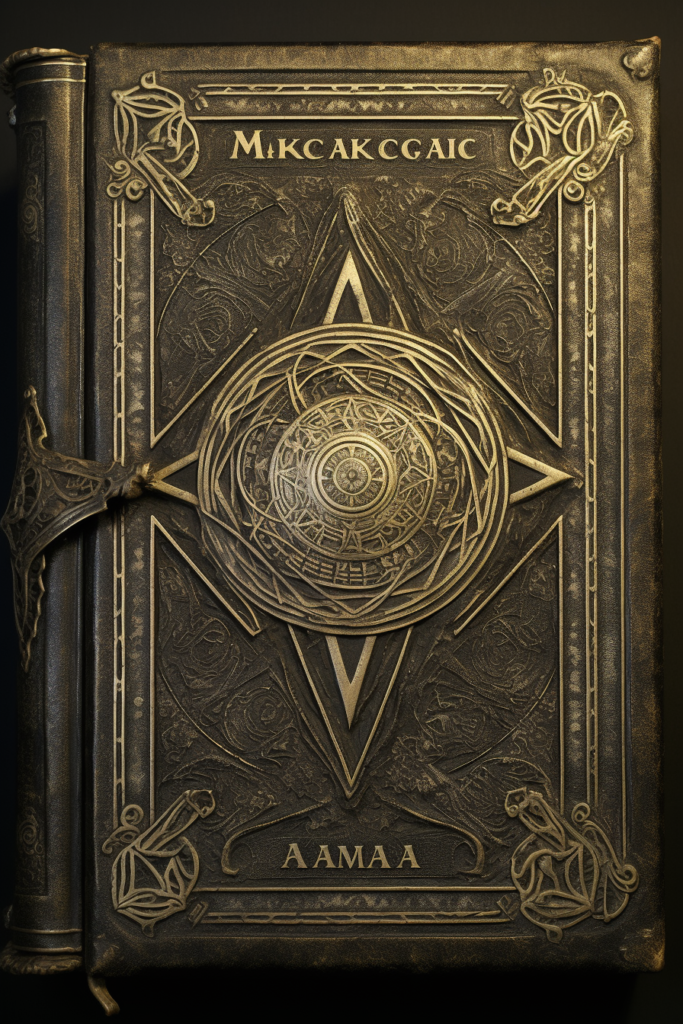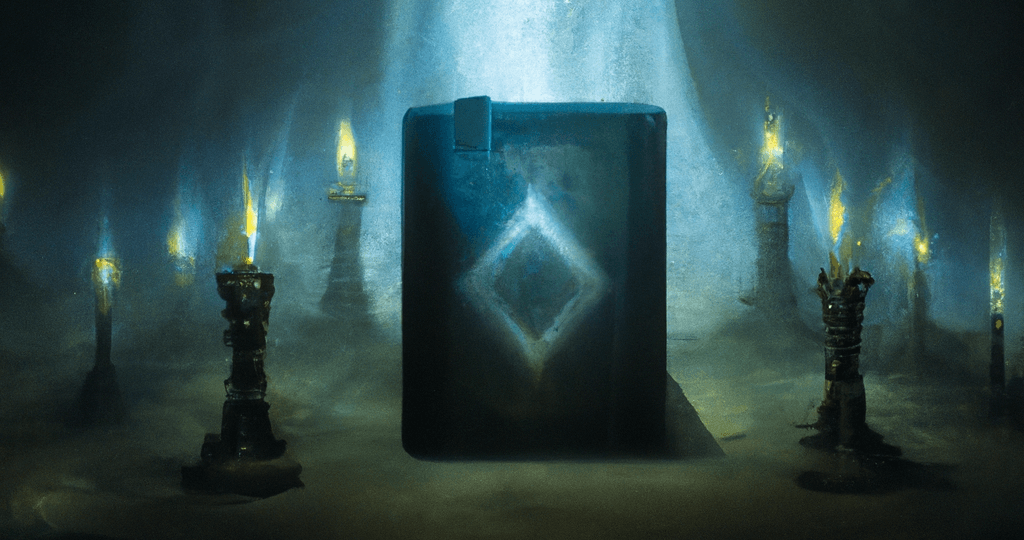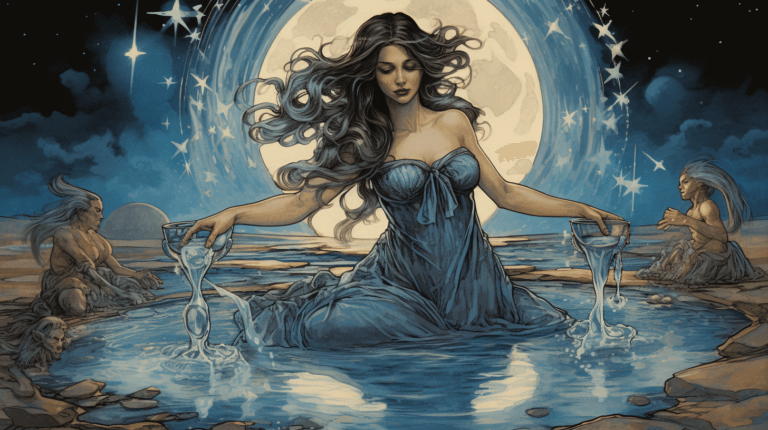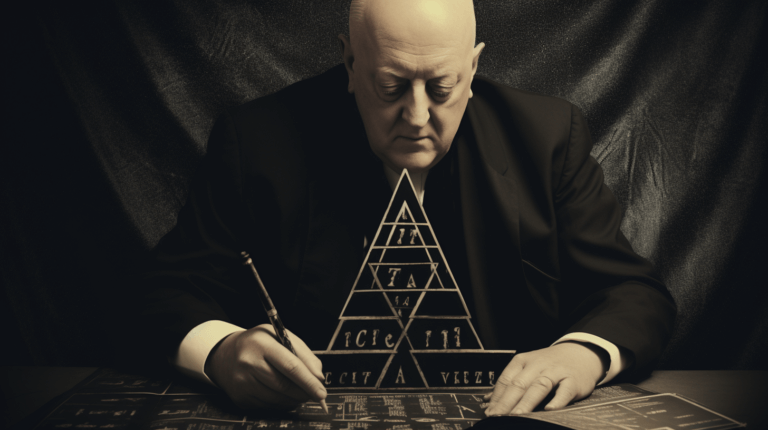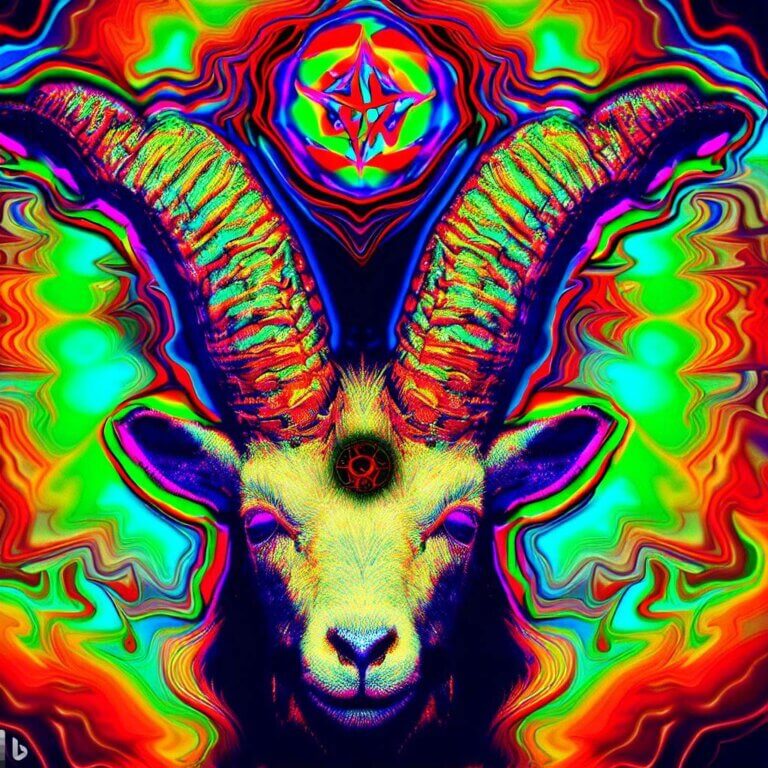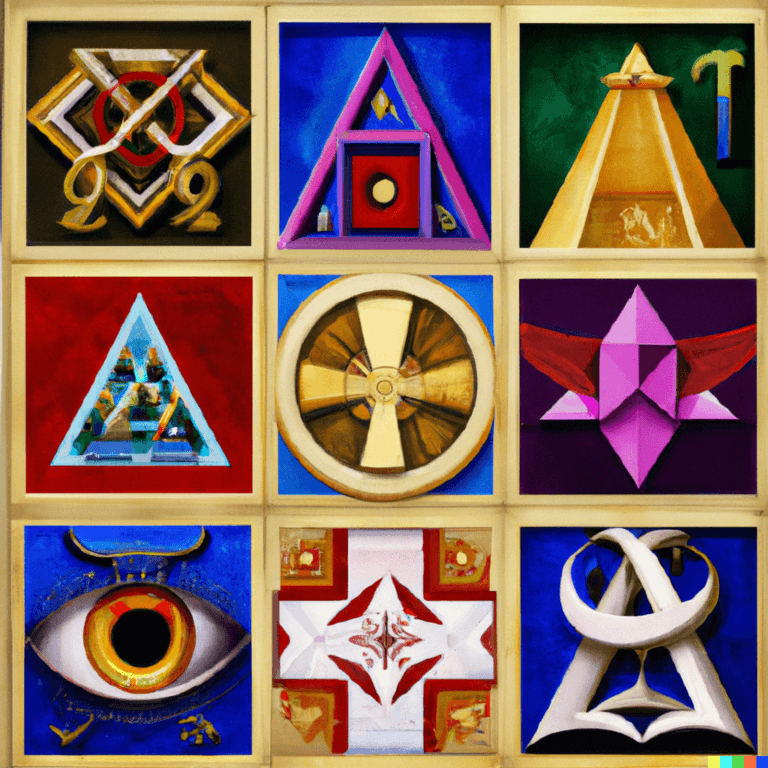The Holy Books of Thelema: A Path to Spiritual Liberation
The Holy Books of Thelema are a collection of 15 works (plus some others that technically should be holy books whether or not they have the proper publishing “grade” assigned to them) by Aleister Crowley, the founder of Thelema. The books were originally published in 1909 by Crowley under the title Θελημα, and later republished in 1983. The books are considered to be the foundational texts of Thelema, and they are used by Thelemites to guide their lives.
The most important book in Thelema is The Book of the Law, which was written by Crowley in 1904. The Book of the Law is a revelation from the god Aiwass, and it contains the basic principles of Thelema. The book states that the Law of Thelema is “Do what thou wilt shall be the whole of the Law.” This law is interpreted by Thelemites to mean that each individual should follow their own true will.
The Book of the Law (Liber AL vel Legis):
At the core of Thelema lies the Book of the Law, the most important scripture in this tradition. It was claimed to be dictated by the divine intelligence Aiwass to Aleister Crowley in 1904. The central tenet of Thelema, “Do what thou wilt shall be the whole of the Law,” is proclaimed within this powerful text. It encourages individuals to embrace their true nature and pursue their unique life purpose without unnecessary restrictions or inhibitions.
Comprised of three chapters attributed to Egyptian deities—Nuit, Hadit, and Ra-Hoor-Khuit—the Book of the Law encompasses teachings on cosmic principles, human potential, and the transformative power of individual will.
The Book of Lies (Liber CCCXXXIII):
Considered a masterpiece of occult literature, the Book of Lies embodies the multifaceted nature of truth and illusion. It explores themes such as magick, mysticism, morality, and symbolism across its 93 chapters. Each chapter offers cryptic and paradoxical revelations, inviting readers to transcend conventional thinking and deepen their understanding.
Challenging preconceived notions, the Book of Lies dismantles rigid belief systems and encourages a fluid and flexible approach to truth-seeking. It acts as a catalyst for introspection, prompting individuals to confront their own illusions and biases, leading to personal growth and spiritual liberation.
Liber Aleph:
Liber Aleph, subtitled “The Book of Wisdom or Folly,” is Crowley’s exploration of the relationship between wisdom and folly, light and darkness, and the duality inherent in human existence. In this profound work, Crowley imparts insights into reality, the pursuit of knowledge, and paths to spiritual illumination.
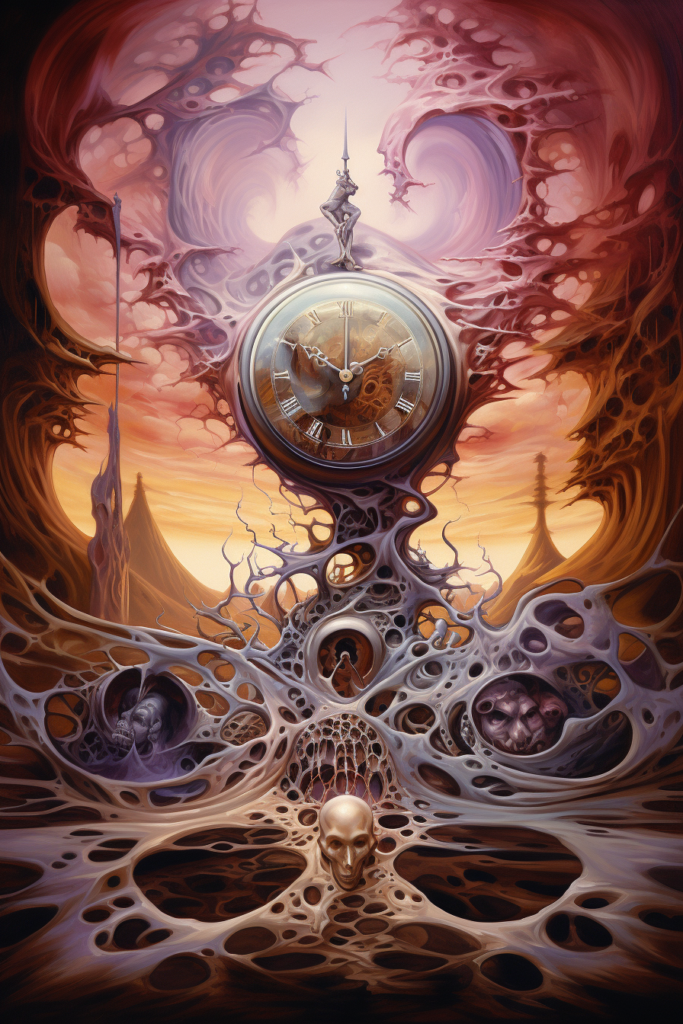
Liber Aleph addresses aspects of life, including love, duty, courage, and the cultivation of balance. It emphasizes self-reflection and the pursuit of knowledge as fundamental tools for personal transformation. Liber Aleph serves as a guide for seekers navigating the complexities of existence, encouraging them to embrace wisdom while remaining open to the inherent wisdom of folly.
The Holy Books of Thelema are a complex and challenging body of work.
They have been interpreted in many different ways, and they continue to be a source of inspiration and guidance for Thelemites around the world.
Here are some additional details about other Thelema holy books:
- The Book of Thoth: This is a tarot deck and accompanying book that provides a Thelemic interpretation of the tarot cards. It was written by Crowley in 1944.
- The Vision and the Voice: This is a collection of mystical experiences that Crowley had in 1909. It was written by Crowley in 1911.
- Magick Without Tears: This is a practical guide to magic. It was written by Crowley in 1949.
The Holy Books of Thelema are a valuable resource for anyone interested in learning more about Thelema. They provide a comprehensive overview of the religion’s beliefs and practices, and they can help you to develop a deeper understanding of Thelema.
Here are some of the key ideas and concepts found in the Holy Books of Thelema:
- The Law of Thelema: “Do what thou wilt shall be the whole of the Law.”
- Thelema is a religion of self-deification.
- Thelema is a religion of love.
- Thelema is a religion of freedom.
- Thelema is a religion of magic.
The Holy Books of Thelema have been criticized by some for being too complex, too challenging, and too open to interpretation. However, they have also been praised by others for their insights into the human condition, their powerful message of self-empowerment, and their beautiful and poetic language.
Whether you are a Thelemite or not, the Holy Books of Thelema are a fascinating and thought-provoking collection of works. They offer a unique perspective on the human experience, and they can provide a valuable source of inspiration and guidance for anyone who is looking to live a more fulfilling life.
